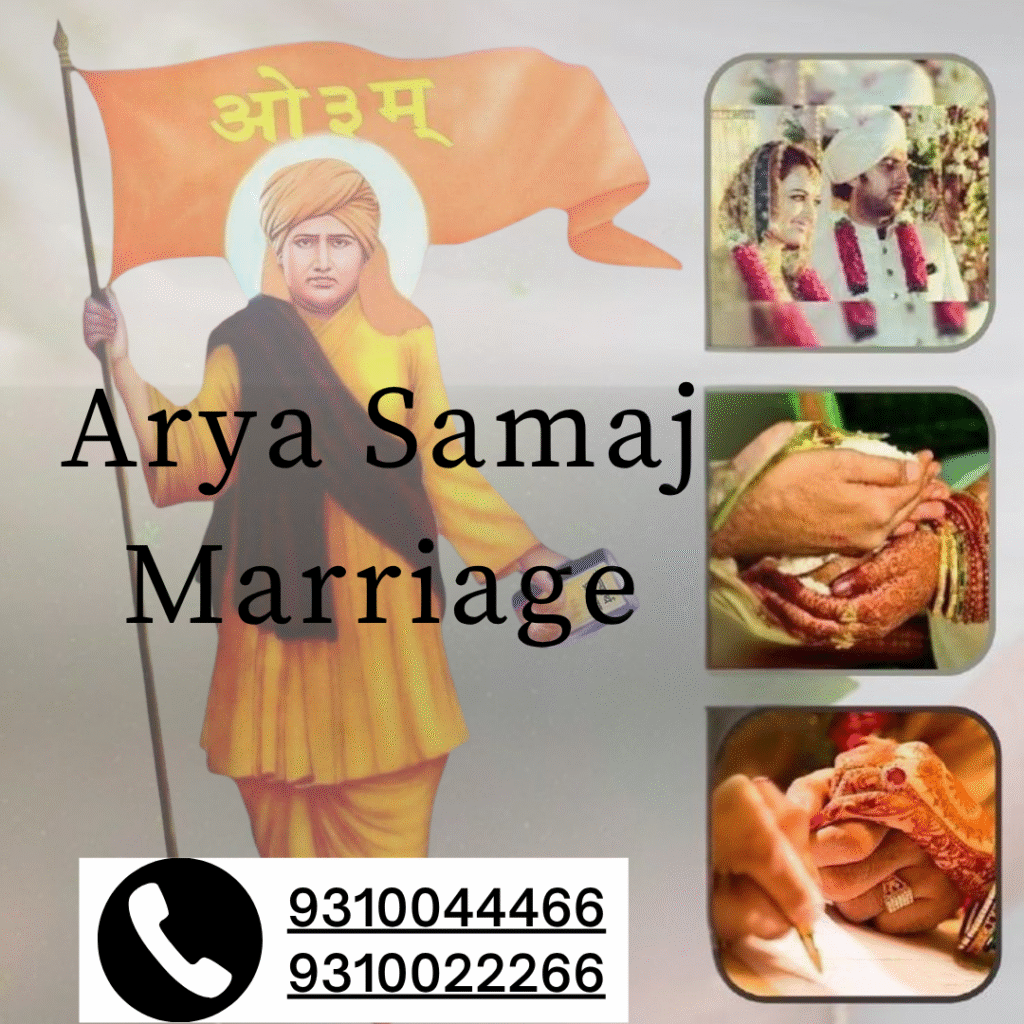Court Marriage Delhi
Love often arrives without the fanfare of tradition, yet it still deserves legal recognition and respect. If you and your partner want a straightforward, secular, and legally binding union, court marriage Delhi may be the ideal option. This guide covers every essential detail—from eligibility to paperwork—so you can say “I do” without stress.
Why Choose Court Marriage in Delhi?
1. Universal Legal Validity
A marriage certificate issued under the Special Marriage Act (1954) is accepted by all government departments, banks, embassies, and foreign consulates. For couples eyeing future visa or immigration applications, court marriage Delhi provides rock‑solid documentation.
2. Cost‑Effective & Minimalist
Traditional Indian weddings can stretch into lakhs of rupees. By contrast, the official fees for a court marriage rarely exceed a few thousand, depending on the district registrar. You save on décor, banquet halls, and elaborate rituals—without compromising legality.
3. Ideal for Inter‑Caste & Inter‑Faith Couples
The beauty of court marriage Delhi lies in its egalitarian nature. No one needs to convert; no priestly rites are mandatory. All that matters is adult consent and legal compliance.
4. Time‑Bound & Transparent
Deadlines are fixed: a 30‑day public notice, followed by solemnization on or after Day 31. Every step is documented, leaving little room for last‑minute surprises.
Eligibility Requirements
To solemnize court marriage in Delhi, both partners must:
- Age: Groom ≥ 21 years; Bride ≥ 18 years.
- Marital Status: Unmarried, divorced, or widowed (with legal proof).
- Mental Capacity: Able to give informed consent.
- Relationship: Not within prohibited degrees of blood relation, unless permitted by custom.
Document Checklist (Bring Originals + 1 Set of Self‑Attested Copies)
| Applicant | Mandatory Documents | Why It’s Needed |
| Bride & Groom | • Aadhaar / Passport / Voter ID (address + age)
• Birth certificate / 10th‑grade mark sheet (age proof) • Four passport‑size photos each |
Identity & domicile |
| Both | Affidavit of marital status, nationality & DOB | Legal declaration |
| Divorced / Widowed | Decree absolute or spouse’s death certificate | Proof of freedom to marry |
| Foreign National | Passport, valid visa, and No Objection Certificate (NOC) | Embassy compliance |
| Witnesses (3) | Any govt. photo‑ID + PAN | Verification during solemnization |
Pro Tip: Arrange witnesses who can spare around two hours on the wedding day; they’ll sign multiple registers.
Step‑by‑Step Procedure for Court Marriage Delhi
Step 1: File the Notice of Intended Marriage
Visit the Sub‑Divisional Magistrate (SDM) office of the district where at least one partner has lived for 30 days. Submit Form IV along with the above documents and requisite fee (₹100–₹150).
Step 2: 30‑Day Public Notice
The SDM displays your details on the office noticeboard for objections. If either partner resides in another district, a copy is sent there too.
Step 3: Handle Objections (Rare)
Any objection must be legally valid (e.g., age misrepresentation). The marriage officer decides within 30 days. Most couples receive zero objections.
Step 4: Day 31 – Solemnization
Return to the SDM office with your three witnesses. Sign the declarations in front of the Marriage Officer. Exchange garlands or rings if you wish—rituals are optional.
Step 5: Receive the Certificate
The officer immediately records the marriage in Form V and issues your court marriage certificate. Keep multiple certified copies for passports, banks, or insurance updates.
Fees & Timelines (2025 Update)
| Item | Approx. Cost (₹) | Timeline |
| Notice Filing | 100 – 150 | Day 1 |
| Solemnization | 500 – 1,000 | Day 31+ |
| Certified Copies | 10 – 20 each | Same day |
Tip: Delhi SDM offices now accept online appointment bookings, reducing counter wait times. Always print your appointment slip.
Common FAQs
Q1. Can parents block our court marriage?
Legally, consenting adults need no parental approval. Objections can succeed only on statutory grounds—age, existing spouse, mental incapacity.
Q2. We’re in a hurry. Can we skip the 30‑day notice?
Under the Special Marriage Act, the notice period is mandatory. If urgency is critical, some couples first perform an Arya Samaj marriage (one‑day process) and then register it; however, this still involves paperwork later.
Q3. Do we need medical tests?
Delhi currently imposes no compulsory premarital medical examinations for court marriage, but voluntary tests promote mutual transparency.
Conclusion
Opting for court marriage Delhi transforms your relationship into a legally recognized union—swiftly, affordably, and without cultural constraints. By preparing the right documents, understanding the 30‑day timeline, and following the SDM’s guidelines, you’ll walk away with a certificate that safeguards your rights worldwide. When love is ready, bureaucracy shouldn’t stand in the way—let this guide help you navigate the process smoothly.







